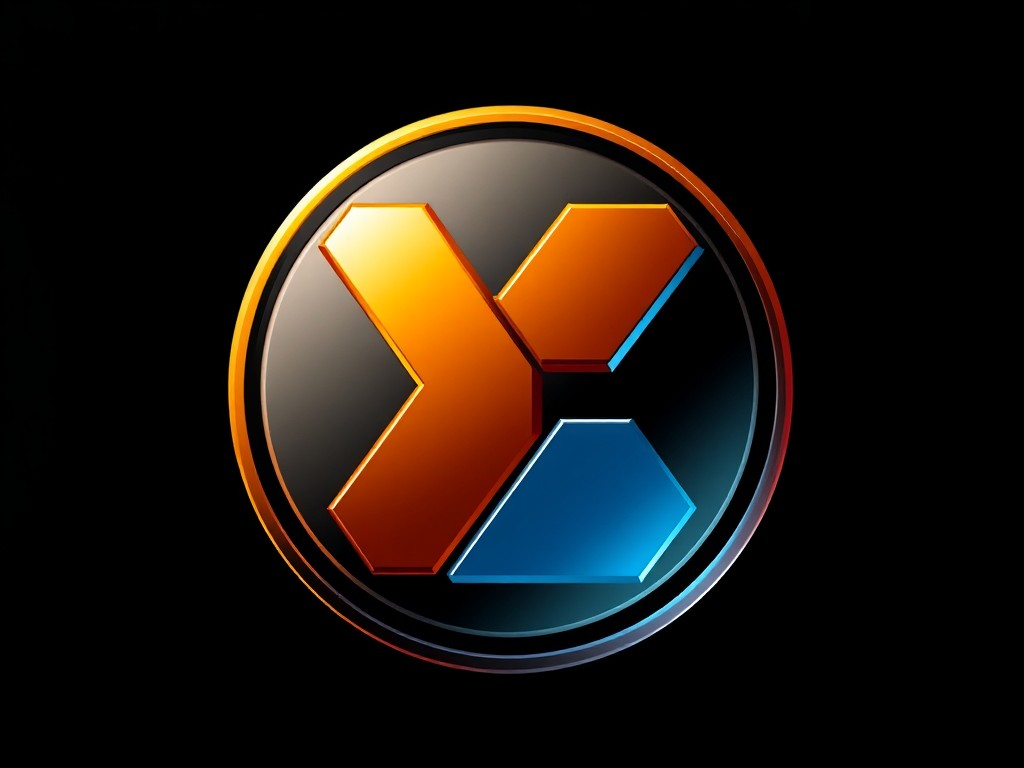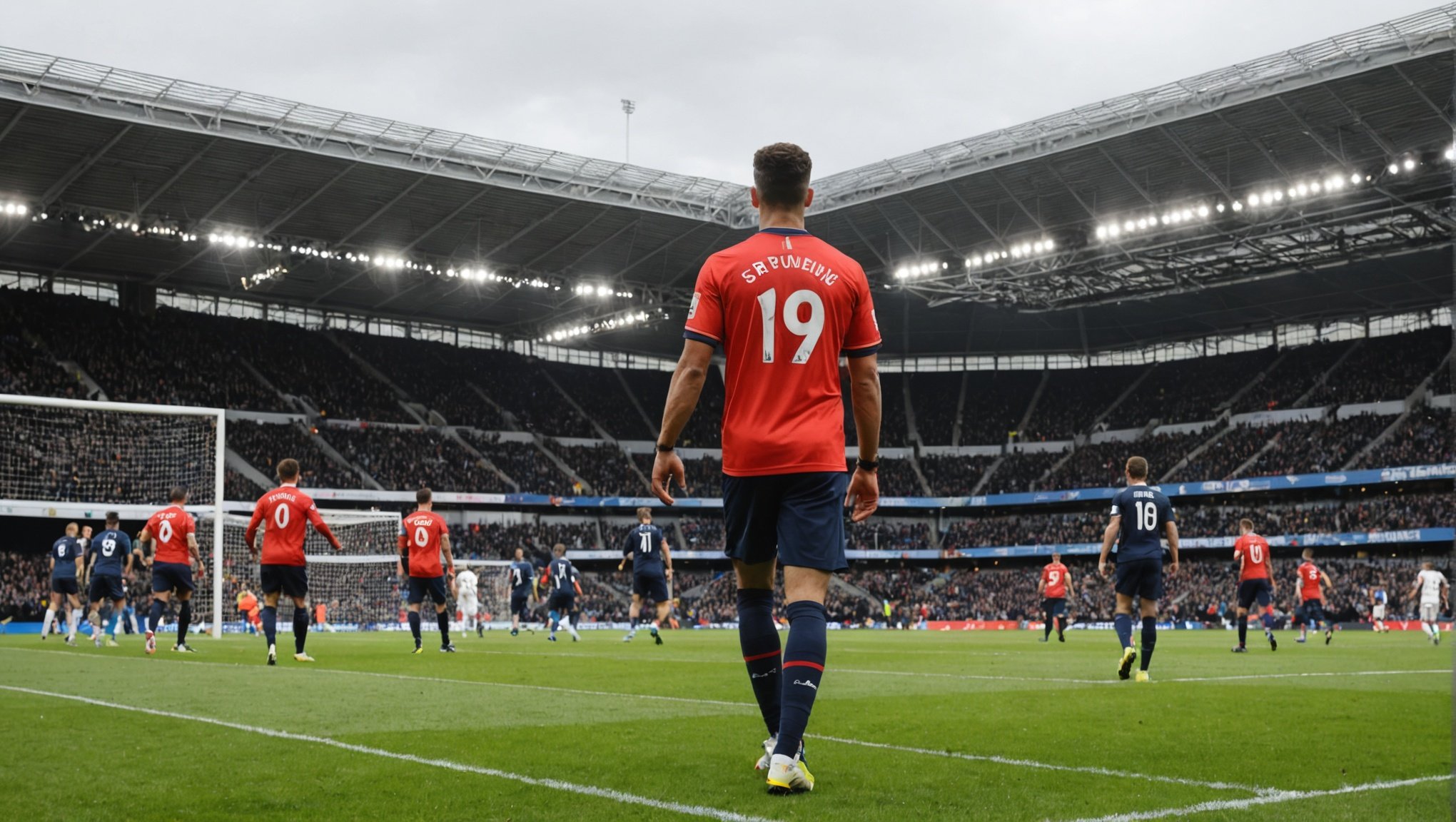Understanding Sports Contract Law in the UK
Sports contract law in the UK provides a comprehensive legal framework to govern agreements between athletes and clubs. It has evolved substantially to address the unique challenges present in the sports industry. This evolution ensures that athletes’ rights are protected and clubs operate fairly within the UK regulations.
The backbone of sports contract law involves several key regulations and governing bodies. These bodies ensure that contracts adhere to standards that prevent exploitation and promote fair competition. For instance, the Professional Footballers’ Association (PFA) in football, and other sport-specific associations, play pivotal roles in safeguarding the interests of their athletes. They enforce adherence to contract laws and serve as mediators in disputes.
Topic to read : Exploring the Latest Eco-Friendly Strategies for Turf Management in UK Sports Facilities
An essential component of these legal frameworks is athlete protection. Contracts often detail specific clauses related to compensation, injury management, and termination conditions that uphold the athlete’s welfare. This focus on protection not only secures the athlete’s current role but also considers their post-career well-being.
By providing structured guidelines and regulatory oversight, UK sports contract law ensures that both athletes and their representing bodies can engage transparently and with mutual benefit, enhancing the integrity of the competitive sports landscape.
Also read : Exploring the Cutting-Edge Trends in Sports Nutrition for UK Athletes
Key Components of Sports Contracts
Understanding the key components of sports contracts is vital for both athletes and organisations. These contracts typically include several essential elements:
-
Terms and Conditions: The contract outlines the duration, compensation, benefits, and performance expectations. It sets the foundation upon which all agreements are based, ensuring clarity for all parties involved.
-
Athlete Rights: Athletes are entitled to certain rights within contracts. These can include the right to a safe work environment, participation in decision-making regarding personal branding, and receiving timely compensation. Contracts often protect these rights to maintain a balanced relationship with their sports organisations.
-
Legal Obligations: Every sports contract imposes legal obligations on both the athlete and the sponsoring entity. These might involve maintaining a particular standard of performance and adhering to conduct guidelines. Organisations are also bound by the contract to fulfill their commitments, such as compensation and support provisions.
Recognising these components establishes a clear framework that helps athletes and organisations navigate relationships smoothly. An effective contract protects the interests of all parties, preventing misunderstandings and fostering long-term professional growth.
Negotiating Sports Contracts
Navigating the world of contract negotiation in sports requires strategic insight and adept handling of complex talks. Understanding the nuances can greatly impact an athlete’s career trajectory and financial success.
Pre-Negotiation Preparation
Before contract negotiation begins, preparation is crucial. This involves researching current market trends, understanding the athlete’s worth relative to peers, and identifying both parties’ primary goals. This groundwork allows athlete representation teams to enter discussions armed with data and confidence.
Tactics for Effective Negotiation
Successful negotiators employ a variety of tactics to secure favourable terms. Key strategies include building rapport with the other party, strategically timing offers, and knowing when to make concessions. Patience and perseverance can also help secure a more lucrative deal for the athlete.
Role of Agents and Legal Advisors
Agents and legal advisors play a pivotal role in contract negotiations. They bring expertise, experience, and credibility to the table. Agents often act as the athlete’s advocate, using established networks and clout to negotiate better terms. Legal advisors ensure all contract terms are legally sound and beneficial. Their combined efforts can significantly influence negotiation outcomes, safeguarding the athlete’s interests and ensuring compliance with all regulations.
Common Disputes in Sports Contracts
In the dynamic domain of sports, contract disputes are a frequent occurrence. These legal wrangles can arise over issues such as contract interpretation, compensation, or breaches. Amongst the industry players, legal disputes often pertain to disagreements over terms involving sponsorship deals, player transfers, and commercial rights. Given the high stakes, resolution mechanisms like arbitration and mediation are favoured for their efficiency.
Arbitration, a binding dispute resolution process, is commonly used, offering a private and faster alternative to court battles. Meanwhile, mediation involves a neutral third party to facilitate negotiations, oftentimes helping parties to reach a mutually agreeable outcome without litigation. These methods provide effective solutions that save time and resources, crucial in the rapid-paced sports environment.
A notable case illustrating contract disputes in the UK was with a prominent footballer whose transfer attracted headlines due to differing interpretations of release clauses. Such case studies highlight the complexities involved in legally binding agreements and underscore the importance of clear contract terms. Understanding these mechanisms not only aids in resolving conflicts but also in proactively structuring agreements to minimise potential disputes.
Global Comparisons in Sports Contract Law
Understanding the nuances of sports contract law demands a keen look at international law and its application across borders. When examining UK sports contract law, it’s vital to contrast it with practices in countries such as the United States, Australia, and Japan. The differences often stem from varying legal frameworks, cultural approaches, and economic conditions.
In the UK, contracts are generally more restrained by traditional legal principles, emphasizing fairness and consistency. Meanwhile, American sports contracts commonly incorporate elements of incentivisation and flexibility, suiting the more commercially driven environment. Conversely, Australia’s approach is often more player-centric, placing significant emphasis on player rights and welfare.
Insights from international sports law experts shed light on how these divergent practices influence athletes. For instance, UK athletes engaging in global competitions must navigate these different contract standards, impacting their professional choices and career trajectories. The implications of these global practices indicate a need for UK athletes to adapt and possibly renegotiate contract clauses to align with international norms, fostering better opportunities and career advancements.
Understanding these aspects equips athletes and stakeholders with the knowledge to choose contracts that best serve their interests on an international scale.
Resources for Athletes
Navigating the world of sports contracts can be daunting for athletes. Fortunately, there are numerous resources available to help them on this journey.
Legal Advice and Representation
Athletes seeking legal advice can turn to specialised sports lawyers or firms that offer representation in contract negotiations and disputes. They provide critical insight into the intricacies of sports contract law, ensuring athletes’ rights are protected. For comprehensive understanding, athletes can explore their local bar association’s resources and online legal platforms for further guidance.
Educational Resources
Understanding sports contract law is crucial for athletes to make informed decisions about their careers. Numerous online courses and workshops focus on the fundamentals of these contracts. Universities often offer programmes or seminars specifically designed to educate athletes on their legal rights and obligations. Further reading through books and articles by experts in the field can also expand their knowledge.
Networks and Support Organizations
Several networks and support organizations exist to assist athletes with contract issues. They offer communities where athletes can share experiences and advice. For example, organizations such as the Professional Athletes Foundation provide support systems, resources, and even legal assistance for contract-related matters. By joining these networks, athletes gain access to valuable support and a wealth of shared knowledge.






